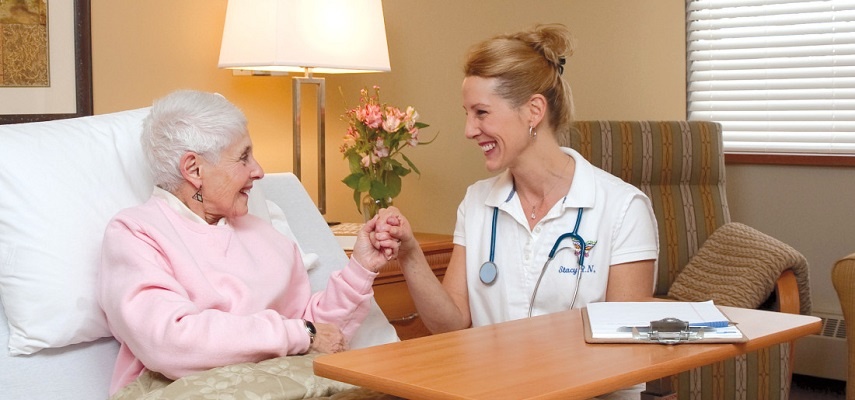
When it comes to wellness, you can use many strategies to keep yourself healthy, happy and productive. One of the most effective approaches to wellness is undergoing regular holistic health assessments.
When nurses take the time to conduct holistic health assessments on patients, they can provide more comprehensive care and may even help patients live longer and healthier lives.
Here is a look at some of the benefits of holistic health assessments in nursing and how they can improve your ability to deliver patient care.
What Is a holistic health assessment?
A holistic health assessment evaluates an individual’s mental, emotional, social and physical well-being to determine whether any lifestyle changes or other treatments are needed.
A holistic health assessment can also identify psychosocial and environmental barriers that may impact the patient’s well-being and quality of life. Understanding how all of these aspects contribute to wellness is key to using this type of assessment effectively.
Considering social, spiritual, occupational, cultural, physical and emotional factors involved in a patient’s health makes it easier for nurses to provide comprehensive care tailored to their individual needs.
To gain these skills, nurses can find an online nursing program with an emphasis on holistic health, which will teach them everything from caring for pregnant patients to postpartum depression screening.
For example, an ABSN degree includes in-depth instruction on assessing nutritional status and managing hypertension through diet and exercise. In addition, BSNs can take electives such as hospice or palliative care to learn about end-of-life care for patients and their families.
4 Benefits of a holistic health assessment in nursing
As someone who works in healthcare, you know that your patients come to you with various concerns, health conditions and goals. It’s essential to have a holistic understanding of their health and medical history to provide them with the best care possible. Here are four major benefits of a holistic health assessment in nursing.
Identification of potential health risks
A holistic health assessment examines the whole person, not just the disease. It provides nurses with insight into their clients’ lifestyles and helps them to identify potential risks to health.
Nurses can use these assessments to identify and monitor risk factors for disease, such as poor diet, lack of sleep or exercise, unhealthy habits or smoking. This assessment also provides valuable information about the patient’s emotional state and any mental illnesses that may need to be addressed.
Nurses can use these assessments to educate people on improving their physical and mental well-being by changing their diet, exercise, stress levels and smoking habits.
Better communication skills
Nurses need to care not only for the body but also for the mind and soul. A holistic health assessment can help improve communication skills with patients, family members and physicians.
Nurses can listen more closely to patients and explore how they feel about their illness or condition. They should also think about how they were before being hospitalized and talk about lifestyle changes they might want to make when leaving the hospital.
Improved ability to provide informed consent
A holistic health assessment can help nurses assess their patients’ physical and mental health needs so they can ensure they are in a position to provide informed consent.
Nurses must be able explain what will happen during treatment and how this will affect the patient in a way they understand. They can also use information from a holistic health assessment to identify any additional services or providers that patients might need.
For example, if an individual has cancer and is using tobacco products, they might need assistance quitting smoking. The nurse could refer the person to a smoking cessation program for support.
Better patient outcomes
A holistic health assessment aims to provide care that will help people maintain their health or improve it over time. Nurses, doctors and other healthcare providers can use these assessments to find and address problems before they become more serious.
They are also helpful for patients who want to take an active role in their healthcare. For example, a nurse may ask the patient how often they exercise and what food they eat. Their answers could prompt the nurse to recommend additional guidance on physical activity and diet from a nutritionist.
The bottom line
A holistic health assessment is a beneficial tool that healthcare professionals can use to assess the whole person. These assessments help nurses to learn about clients’ habits and lifestyles and note any conditions or problems they may have. With this information, nurses can help their patients better care for themselves and make recommendations on how they can improve their quality of life.
































